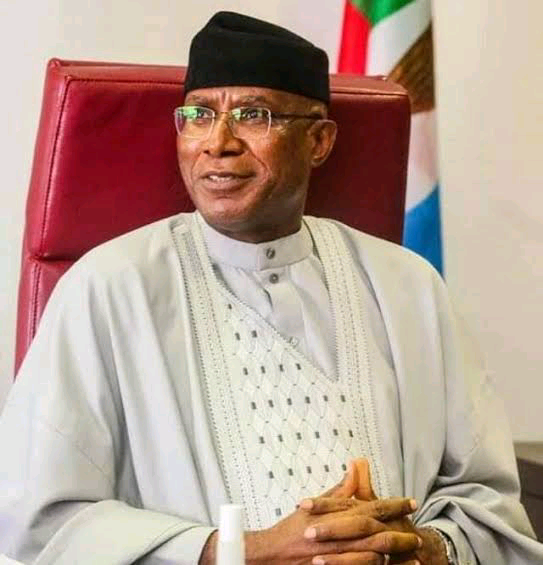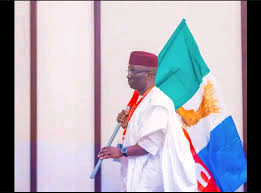News
Attack on Aguariawodo: Emerhor Condemns Politics of Violence
By Francis Sadhere
THE All Progressives Congress (APC) Candidate for the October 12, 2013, Delta Central Senatorial bye-election,Olorogun O’tega Emerhor yesterday condemned the violence which rocked Kokori Community when the PDP senatorial candidate visited the community, just as he sympathized with the PDP senatorial Candidate Chief Edesiri Aguariawodo over the incident.
Speaking to journalists at Ewu in Ughelli South Local Government Area on behalf of his Campaign Organisation, Olorogun Emerhor condemned in strong terms political violence, urging people of the district to shun violence in the forthcoming senatorial election and any election in the state.
He said; “While in this campaign train it has come to our notice that our fellow contestant and candidate of the PDP, Chief Edesiri Aguariawodo Emmanuel went on a Campaign trip to Ethiope East, somewhere near Kokori and there was some violence. We do not have the full details of that violence. We just heard that his entourage was attacked. We want to make it clear that we of the APC do not support violence.”
“We strongly condemned what we heard happened there. We want a level playing ground for all candidates. We do not ask, request, or tolerate any person, including our supporters engaging in acts of violence, as we also ask for a fair playing ground from all that is concerned. We condemn this act, even though we do not have the full details, in very strong terms,” he further stated.
He added that; “And we sympathize with our fellow brother and contestant under the PDP for whatever loses he would have suffered and we are going to call him today to condole and sympathize with him. This is the statement for the campaign organization.”
However, the three monarchs of Arhavware, Okparabe and Ewu equally offered their prayers and blessings for the senatorial bid of Olorogun Emerhor at the palace of his Royal Majesty Okporufouma the I, the Ovie Ewu Kingdom.
Olorogun Emerhor also visited the family of late Senator Pius Ewherido.
END


